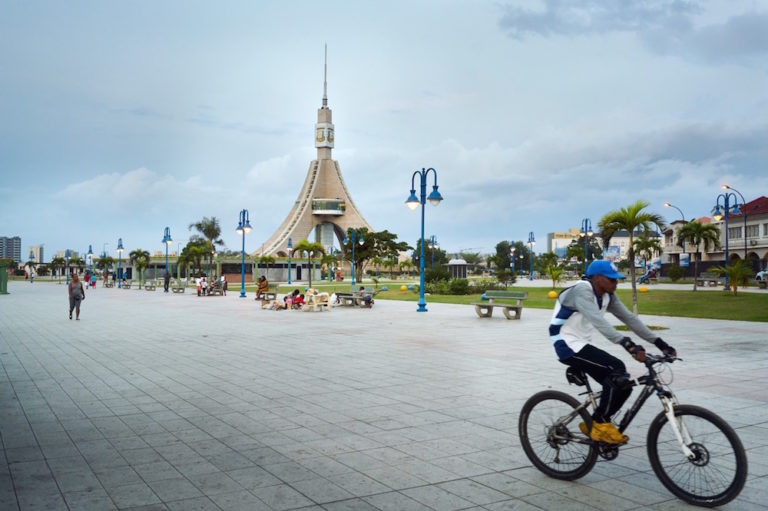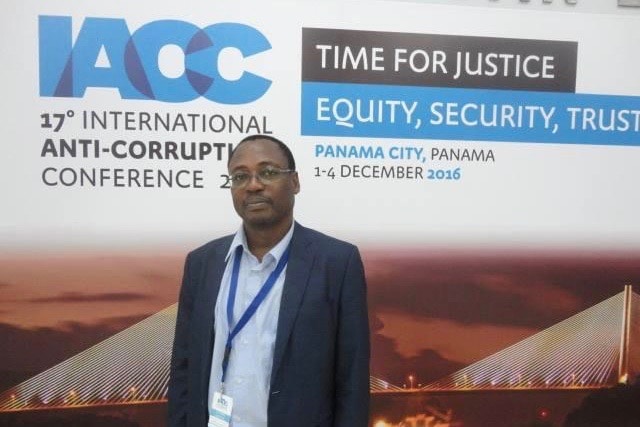The goal of "a free, safe and fair environment for journalists" would be greatly undermined should UNESCO's executive board move forward with an award named for and funded by Equatorial Guinean President Teodoro Obiang Nguema Mbasogo, say a group of organisations who participated in a UN consultative process on impunity last week.
(RSF/IFEX) – 28 September 2011 – Eleven organizations participating in the consultative process for the UN Inter Agency Meeting on the Safety of Journalists and the Issue of Impunity, held at UNESCO on September 13, 2011, sent a letter to Ms. Irina Bokova, Director-General of UNESCO, on September 27, 2011. The letter expressed fear that the goals and important progress made during the meeting could be undermined if UNESCO were to proceed with the creation of the UNESCO-Obiang Nguema Mbasogo International Prize for Research in the Life Sciences, given the well-documented record of human rights abuses, repression of press freedom, and official corruption that have marked President Obiang’s rule.
Here is the text of the letter sent to Ms. Bokova:
September 27, 2011
Irina Bokova
UNESCO Director-General
UNESCO Headquarters
7, Place de Fontenoy
75352 Paris 07 SP
France
Dear Ms. Bokova,
On September 13, representatives from our organizations attended the UN Inter-Agency Meeting on Safety of Journalists and Issue of Impunity, hosted by UNESCO in Paris. We appreciate that our non-governmental organizations were provided a platform to share views and information on these issues, as well as UNESCO’s work to create a comprehensive plan. As was expressed at the meeting, fundamental respect for human rights and freedom of expression is a keystone to progress in the fight against impunity and to end targeted violence against journalists. We believe, therefore, it is imperative we state our serious concerns that UNESCO is considering reinstating the UNESCO-Obiang Nguema Mbasogo International Prize for Research in the Life Sciences.
Among the objectives set forth in UNESCO’s draft plan of action is to create “A free, safe and fair environment for journalists and media workers, who are protected in both conflict and non-conflict situations, with a view to strengthening peace, democracy and development worldwide.” This goal and the important progress made during our meeting would be greatly undermined should UNESCO’s executive board move forward with an award named for and funded by Equatorial Guinean President Teodoro Obiang Nguema Mbasogo, given the well-documented record of human rights abuse, repression of press freedom, and official corruption that have marked his rule.
We understand that the matter is on the agenda for discussion at the current 187th session of the executive board. As eleven organizations dedicated to protecting freedom of expression, we add our concern to the hundreds of global voices who spoke out last year to condemn this prize. We urge you to vigorously oppose this effort to reinstate the UNESCO-Obiang prize and to instead cancel it definitively.
Sincerely,
International News Safety Institute
Media Legal Defense Initiative


